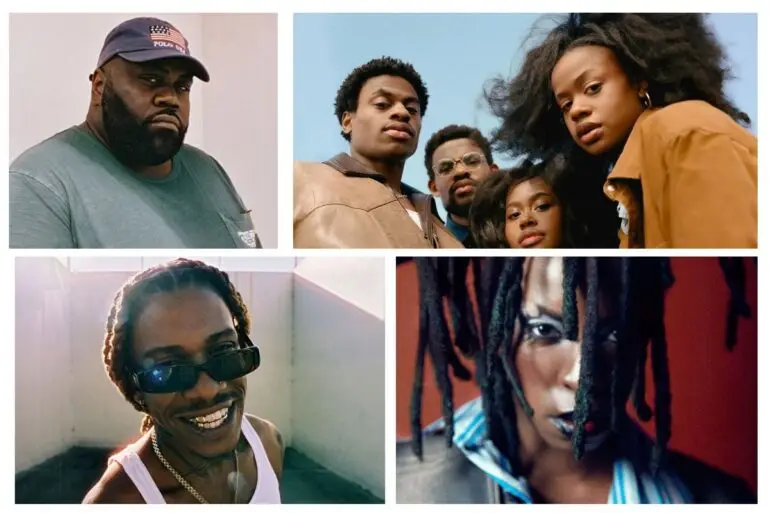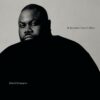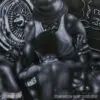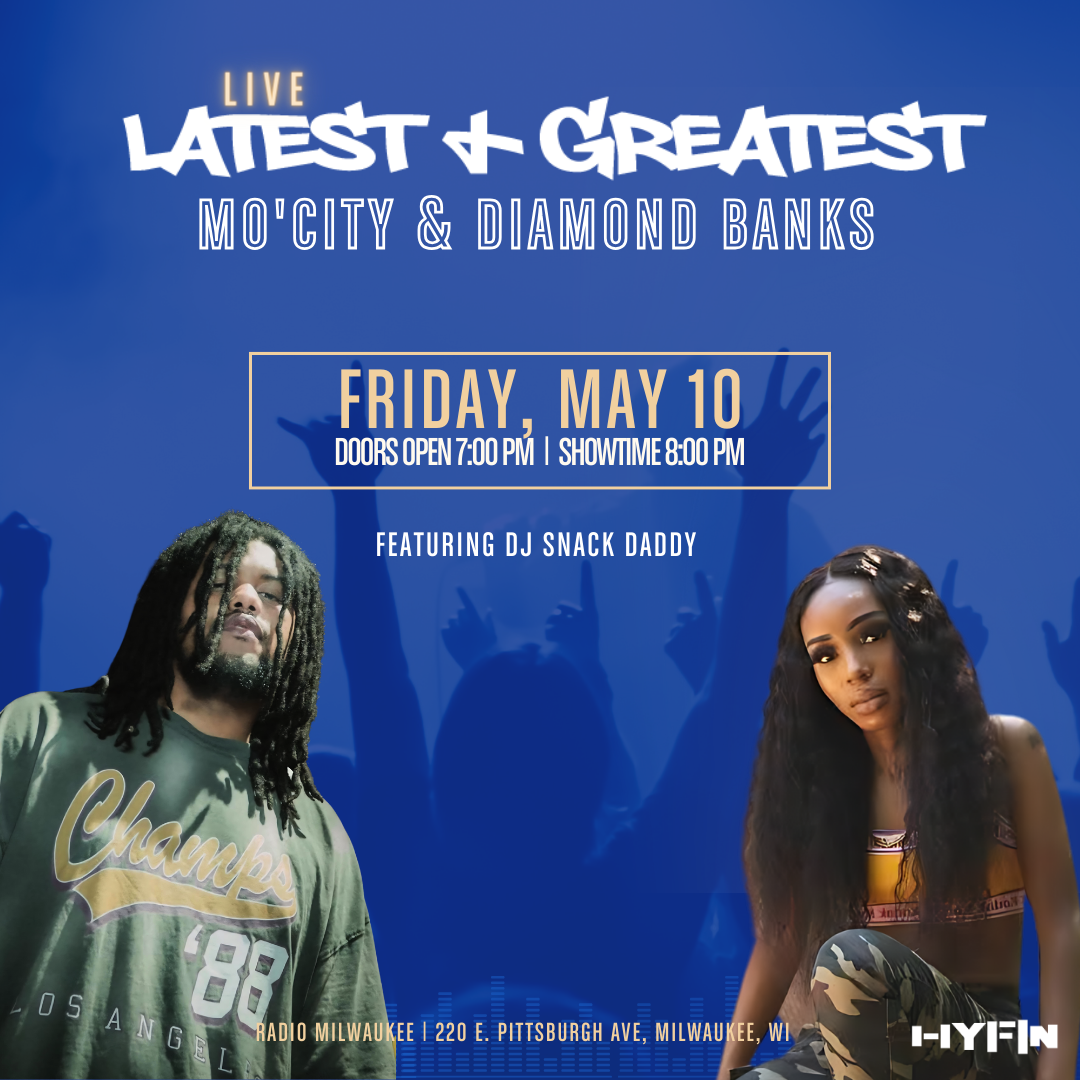The British author E.M. Forster, best known for the novels Howard’s End, A Room With a View and A Passage to India, was a conscientious objector during World War I. His alternative service took him to Alexandria, Egypt, where he worked for the British Red Cross. There, he met an Egyptian tram driver named Mohammed el-Adl, and began an intense relationship that violated racial and, of course, sexual boundaries.
Even after Forster left Egypt and Mohammed married, the two men kept up a correspondence, which came to a close with Mohammed’s death from tuberculosis in 1922. Mohammed’s widow sent Forster her husband’s gold wedding ring.
In his debut novel, Greenland, David Santos Donaldson takes this crucial but necessarily closeted relationship of Forster’s and runs with it, all the way from a basement room in Brooklyn to the icy white expanses of the Greenland of the novel’s title. At its best, Greenland is a smart, exhilarating novel about racism and self-knowledge whose unwieldiness is compensated for by its daring.
Here’s the premise: A Black, British aspiring novelist named Kip Starling has three weeks to revise his historical novel about the love affair between E.M. Forster and Mohammed el-Adl. Eleven publishers have turned it down; the only one who’s sort-of interested is about to be bought out by a media conglomerate; Kip needs to sell his book before that happens. So, like some Edgar Allan Poe madman, he’s hammered plywood boards across the inside door of his basement study in the brownstone he shares with his estranged husband — a white psychotherapist. Fortified by boxes of Saltine crackers, cans of coffee and 21 gallons of spring water, Kip sits before his laptop and waits for inspiration. And naps. And eats Saltines.
Kip feels a kinship with Mohammed: He, too, is in a complicated relationship with an older, wealthier, white man. Kip wants Mohammed to narrate his version of the affair with Forster, but he’s having trouble with Mohammed’s motivation for telling his story, as well as with his voice. After all, Kip — short for Kipling, his father’s favorite writer — was raised by Bahamian parents who themselves grew up under “the full sway of British colonialism.” Consequently, Kip tells us he “was raised in the same Victorian ether as [E.M.] Forster” and his own voice is more like Forster’s than Mohammed’s. The breakthrough happens when Kip realizes that Mohammed could feel compelled to tell his story to him, Kip. Here’s Kip’s epiphany:
“Just as I’d felt [a] lightning bolt of connection upon [first] seeing [a] photo of this young man who lived a hundred years ago, what if Mohammed felt an equally strong connection with his image of a man in the future? … [A] modern black man who lives the life he can’t? What if Mohammed wants to tell me about his experience so that I know, from his perspective, where we queer, Black, colonial men have come from? What if Mohammed also needs me to exist so that he knows, … that there is a future for our kind, … a Possibility?”
What ensues is a whirlwind of stories: Both Mohammed and Forster narrate chapters of Kip’s novel-within-a-novel describing the course of their relationship; there’s also Kip’s present-day account of his life in New York where he’s felt ostracized by African Americans because of his Brit speak and mannerisms. Midway through these reveries, Kip is liberated from his basement writing cell by supernatural voices, who command him to go to the wilderness to find his authentic self.
If these plotlines sound a little overheated, well, sometimes they are. In fact, I put the novel aside twice. But Donaldson’s own ingenious voice as a writer kept drawing me back; so did his humor. There are funny riffs here on the Nowhere-ness of airline travel, MFA program posturing, and an entire chapter entitled “Long Live Idris Elba” where Kip pays tongue-in-cheek tribute to the Black British actor who’s made him feel seen and understood in America.
“Only connect” is, of course, Forster’s famous epigram from Howard’s End, a poignant, at times desperate plea for connection among people who are as much mysteries to themselves as to others. In Greenland, Donaldson reworks “only connect” to be a paean to self-connection, the integration of ambivalent identities into something like a wryly formed human being for our time.
Copyright 2022 Fresh Air. To see more, visit
Fresh Air.
9(MDQ0ODU2MzU2MDE1NTM3MTIwMjFiMDhjNA000))
Transcript :
DAVE DAVIES, HOST:
This is FRESH AIR. In David Santos Donaldson’s debut novel, “Greenland,” a young, gay Black man confronts the difficulties of his interracial relationship and gets some supernatural guidance from the Black lover of a famous white British writer, both of them long dead. Our book critic Maureen Corrigan says that’s only the beginning of the adventures here.
MAUREEN CORRIGAN, BYLINE: The British author, E.M. Forster – best known for the novels “Howards End,” “A Room With A View” and “A Passage To India” – was a conscientious objector during World War I. His alternative service took him to Alexandria, Egypt, where he worked for the British Red Cross. There, he met an Egyptian tram driver named Mohammed el-Adl and began an intense relationship that violated racial and, of course, sexual boundaries. Even after Forster left Egypt and Mohammed married, the two men kept up a correspondence, which came to a close with Mohammed’s death from tuberculosis in 1922. Mohammed’s widow sent Forster her husband’s gold wedding ring.
In his debut novel, “Greenland,” David Santos Donaldson takes this crucial but necessarily closeted relationship of Forster’s and runs with it all the way from a basement room in Brooklyn to the icy expanses of the Greenland of the novel’s title. At its best, “Greenland” is a smart, exhilarating novel about racism and self-knowledge whose unwieldiness is compensated for by its daring.
Here’s the premise. A Black British aspiring novelist named Kip Starling has three weeks to revise his historical novel about the love affair between E.M. Forster and Mohammed el Adl. Eleven publishers have turned it down. The only one who’s sort of interested is about to be bought out by a media conglomerate. Kip needs to sell his book before that happens. So, like some Edgar Allan Poe madman, he’s hammered plywood boards across the inside door of his basement study in the brownstone he shares with his estranged husband, a white psychotherapist. Fortified by boxes of saltine crackers, cans of coffee and 21 gallons of spring water, Kip sits before his laptop and waits for inspiration and naps and eats saltines.
Kip feels a kinship with Mohammed. He, too, is in a complicated relationship with an older, wealthier white man. Kip wants Mohammed to narrate his version of the affair with Forster, but he’s having trouble with Mohammed’s motivation for telling his story, as well as with his voice. After all, Kip – short for Kipling, his father’s favorite writer – was raised by Bahamian parents, who themselves grew up under the full sway of British colonialism. Consequently, Kip tells us, he was raised in the same Victorian ether as E.M. Forster, and his own voice is more like Forster’s than Mohammed’s. The breakthrough happens when Kip realizes that Mohammed could feel compelled to tell his story to him, Kip.
Here’s Kip’s epiphany. (Reading) Just as I’d felt a lightning bolt of connection upon first seeing a photo of this young man who lived a hundred years ago, what if Mohammed felt an equally strong connection with his image of a man in the future, a modern Black man who lives the life he can’t? What if Mohammed wants to tell me about his experience so that I know from his perspective where we queer, Black colonial men have come from? What if Mohammed also needs me to exist so that he knows that there is a future for our kind – a possibility?
What ensues is a whirlwind of stories. Both Mohammed and Forster narrate chapters of Kip’s novel within a novel describing the course of their relationship. There’s also Kip’s present-day account of his life in New York, where he’s felt ostracized by African Americans because of his Britspeak and mannerisms. Midway through these reveries, Kip is liberated from his basement writing cell by supernatural voices, who command him to go to the wilderness to find his authentic self.
If these plotlines sound a little overheated, well, sometimes, they are. In fact, I put the novel aside twice, but Donaldson’s own ingenious voice as a writer kept drawing me back. So did his humor. There are funny riffs here on the nowhere-ness of airline travel, MFA program posturing and an entire chapter entitled “Long Live Idris Elba,” where Kip pays tongue-in-cheek tribute to the Black British actor who’s made him feel seen and understood in America.
Only connect is, of course, Forster’s famous epigram from “Howards End,” a poignant, at times desperate plea for connection among people who are as much mysteries to themselves as to others. In “Greenland,” Donaldson reworks only connect to be a paean to self-connection, the integration of ambivalent identities into something like a wryly formed human being for our time.
DAVIES: Maureen Corrigan is a professor of literature at Georgetown University. She reviewed “Greenland” by David Santos Donaldson. On tomorrow’s show, writer Candice Mallard tells the dramatic story of two 19th-century British explorers who spent years trekking through East Africa, enduring injury and illness, searching for the source of the Nile River. The collaboration would lead to a bitter feud over the meaning of their discoveries. Mallard’s new book is “River Of The Gods.” I hope you can join us.
(SOUNDBITE OF DOMINIC MILLER’S “CHAOS THEORY”)
DAVIES: FRESH AIR’s executive producer is Danny Miller. Our technical director and engineer is Audrey Bentham, with additional engineering support from Adam Staniszewski. Our interviews and reviews are produced and edited by Amy Salit, Phyllis Myers, Sam Briger, Lauren Krenzel, Heidi Saman, Therese Madden, Ann Marie Baldonado, Thea Chaloner, Seth Kelley and Joel Wolfram. Our digital media producer is Molly Seavy-Nesper. Roberta Shorrock directs the show. For Terry Gross, I’m Dave Davies.
(SOUNDBITE OF DOMINIC MILLER’S “CHAOS THEORY”) Transcript provided by NPR, Copyright NPR.



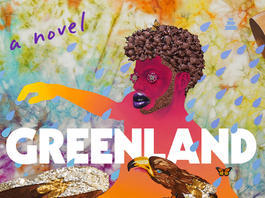
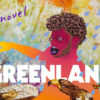
9(MDQ0ODU2MzU2MDE1NTM3MTIwMjFiMDhjNA000))
